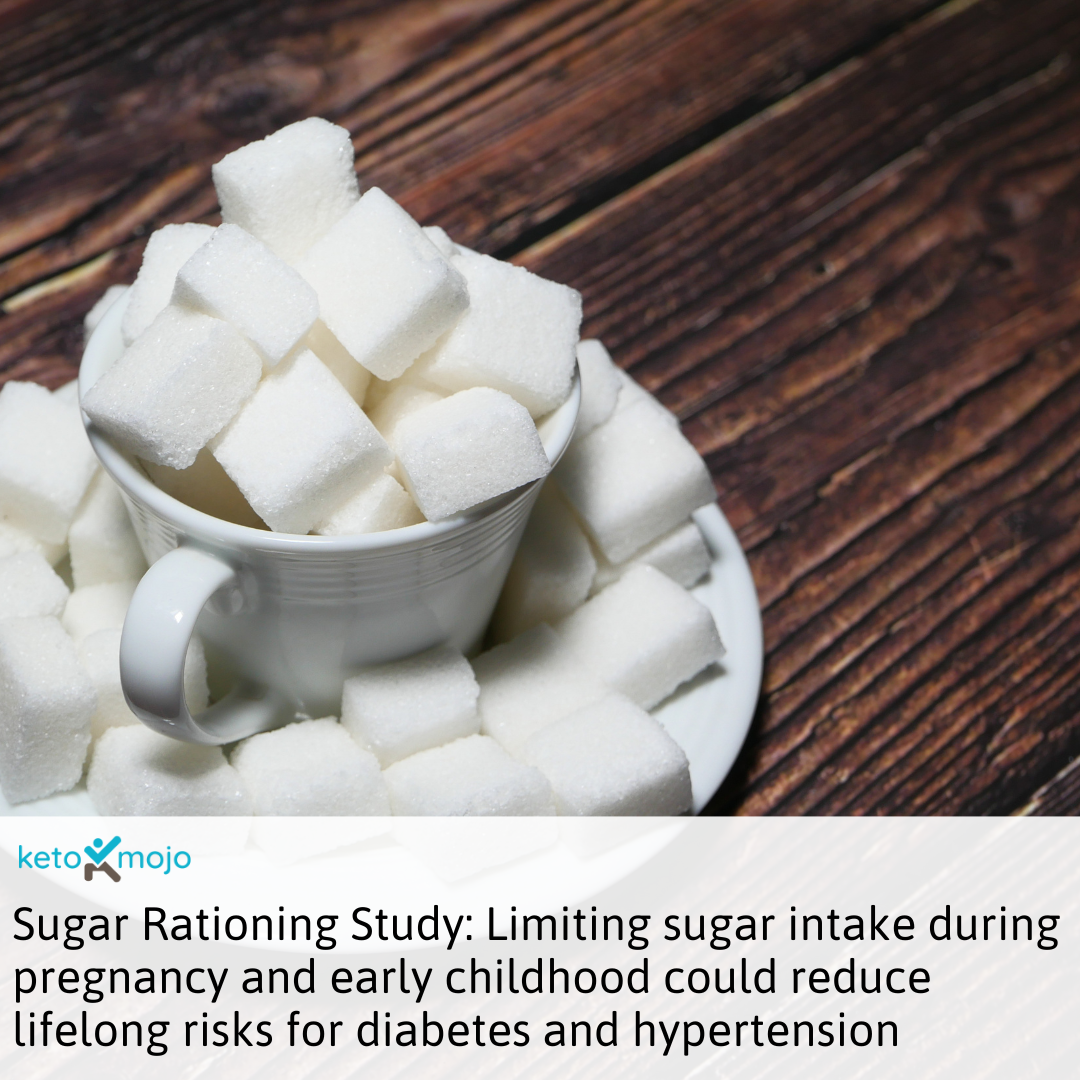General Health
Exposure to sugar rationing in the first 1000 days of life protected against chronic disease

The impact of early-life sugar exposure on long-term health has become a critical area of research, especially as chronic diseases like diabetes and hypertension continue to rise globally.
This study examined the effects of sugar restriction during the first 1000 days of life on risks of developing diabetes and hypertension.
Researchers used a natural experiment from the United Kingdom, where sugar rationing ended in September 1953, nearly doubling sugar consumption afterward. The study compared adults conceived just before and after this change in sugar intake using data from the UK Biobank.
Findings on Diabetes and Hypertension:
- Individuals exposed to sugar rationing during early life experienced a 35% reduction in diabetes risk and a 20% reduction in hypertension risk.
- On average, diabetes onset was delayed by 4 years and hypertension onset by 2 years.
Timing and Duration Mattered:
- In-utero sugar restriction contributed to about one-third of the risk reduction, while postnatal restriction, particularly beyond 6 months, accounted for the majority of the health benefits.
- The protective effects were strongest for individuals who continued to experience sugar restriction through early infancy, aligning with the period when solid foods are often introduced.
Mechanisms:
- Physiological Programming: Early sugar restriction may alter metabolic programming in the womb, affecting long-term disease risk.
- Taste Preferences: Reduced early-life sugar exposure may prevent lifelong preferences for high-sugar foods, reducing consumption later in life.
Implications for Public Health:
- These findings add weight to ongoing discussions about policies aimed at reducing sugar consumption, especially in foods marketed to infants and young children.
In summary, these findings confirm the importance of limiting early sugar exposure for long-term metabolic health. Further research is needed to investigate optimal sugar intake limits during critical early stages of development, including pregnancy, lactation, and infancy.





